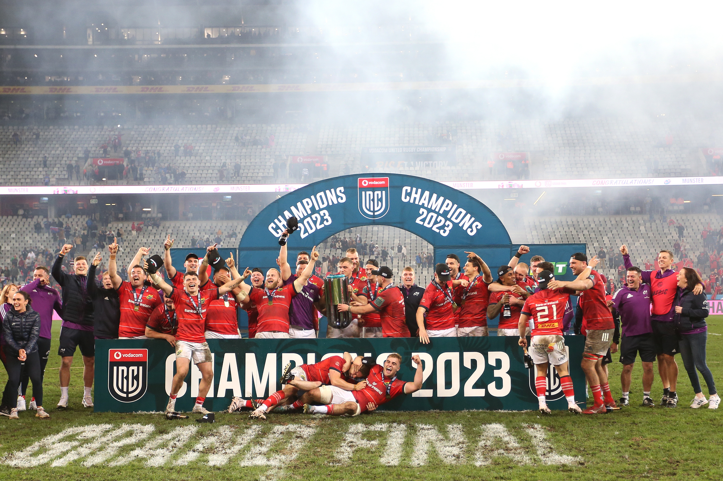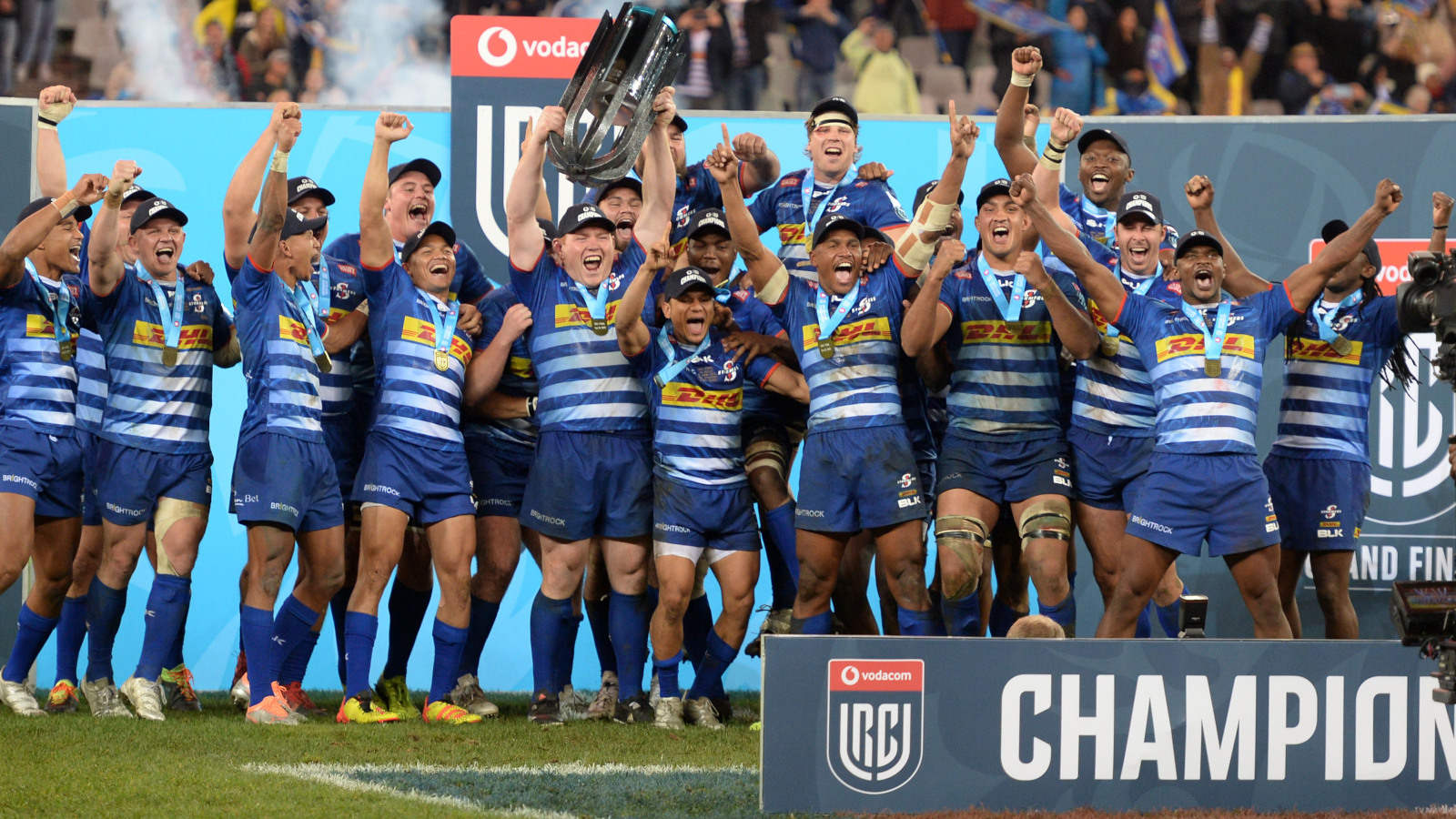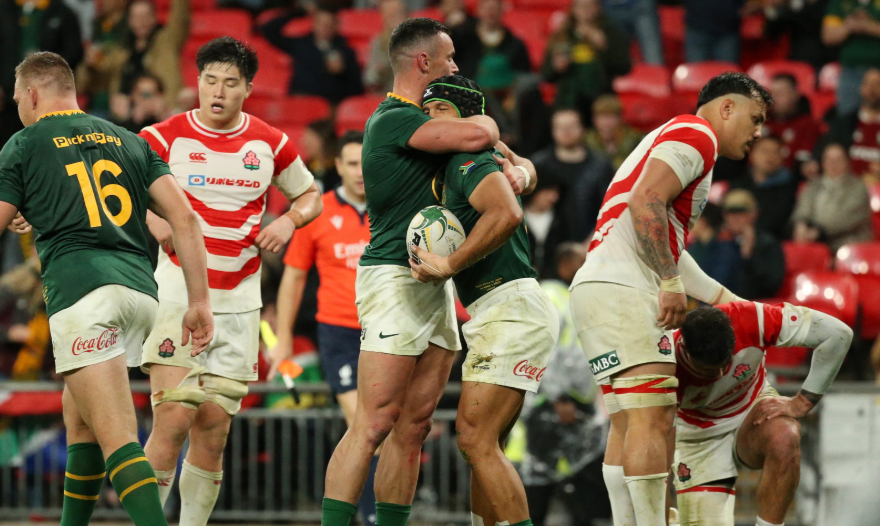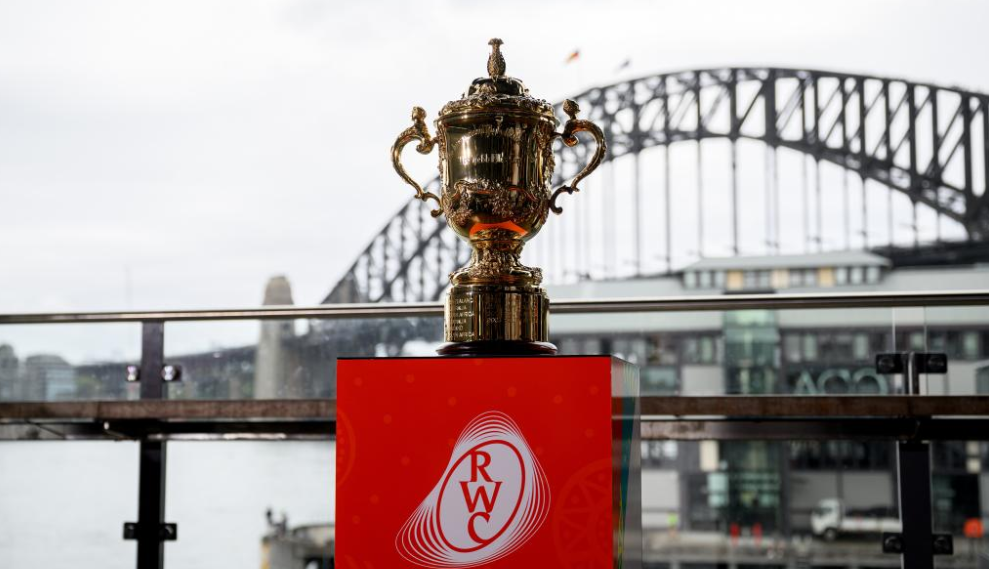Who/What/When: Origins and Evolution
Celtic Roots → PRO12 / PRO14 → URC
- The league’s origins go back to the late 1990s: the Welsh-Scottish League, which then morphed into the Celtic League with the additions of the Irish provinces in 2001. (Wikipedia+2Springboks+2)
- Over time, the competition expanded (both in jurisdictions and number of clubs), rebranded, and tweaked its structure: PRO12 → PRO14 → finally the United Rugby Championship with South African franchises joining in 2021. (Springboks+1)
Addition of the South African Franchises
- In 2021, four major South African franchises (Stormers, Bulls, Lions, Sharks) joined the URC, which was a seismic shift in travel, competitiveness, and commercial dynamics. (Springboks+1)
- Since then, those teams have become serious contenders: they’ve reached finals; won the SA Shield; and brought southern hemisphere rugby styles, with attendant logistical challenges. (SA Rugby+1)
Format & Shareholding
- The URC is composed of 16 clubs: 12 from the traditional northern hemisphere (Ireland, Wales, Scotland, Italy) plus the 4 South African franchises. (Springboks+2SA Rugby+2)
- The format includes conferences (to degree) and/or protected derby fixtures, regular season matches, then playoffs for the top 8 teams. (Wikipedia+2News24+2)
- An important recent change: as of September 2025, SA Rugby has become a full shareholder in the URC (Pro Rugby Championship DAC). That joins them with the Irish, Scottish, Welsh, Italian unions and the investment partner CVC Capital Partners. (News24+1)

The Current State: 2024-25 Season & What It Taught Us
2024-25 Highlights
- The 2025 URC Grand Final was played on 14 June 2025, between Leinster and Vodacom Bulls, in Dublin. Leinster won 32-7.
- The Bulls had made their second final in successive seasons, and their third in four. But they came up short again. (SA Rugby+1)
- Leinster regained the title after some seasons without an URC win (they’d last won in 2020/21). (Springboks+1)
Competitive Trends
- South African teams are very much in the mix. Finals, semi-finals – they’re not just participants, they’re pushing Northern teams. (Cape Times+3SA Rugby+3Springboks+3)
- On the flip side, some unions (especially Welsh) are under serious financial strain, performance dips, and questions of sustainability. There is talk of restructuring. (News24)
Structural, Commercial, and Governance Shifts
- South Africa’s newfound equity in the URC means more voting power, more share of revenues, direct influence on decisions. (Sport for Business+2Cape Times+2)
- Fixtures: The 2025/26 season fixtures have been released earlier than ever before – good for planning, good for marketing, good for logistics. Season starts 26 September 2025. (SABC Sport+1)
- Format remains largely untouched for now: top 8 to playoffs, etc. (News24)

The Oncoming Storm: What to Watch 2025-26 and Beyond
Now the fun part: what might go wrong, what might go exceptionally well, what are the pressure points, and who are the outsiders.
| Area | Key Issues | Possible Outcomes |
|---|---|---|
| Welsh Rugby Union (WRU) Restructure | There is a plan under consideration to reduce the four Welsh URC clubs (Cardiff, Dragons, Ospreys, Scarlets) into two more equally funded clubs. The idea is to ensure better competitiveness and financial stability. (News24) | If implemented: could lead to fewer derbies, risk of alienating local fanbases, but possibly stronger squads, better match competitiveness. If blocked: Welsh clubs may lag further behind in URC hierarchy, worsening results, possibly financial collapse of weaker clubs. |
| Player Welfare & Travel Demands | South Africa → Europe travel is brutal. Combined with post-season tests, international windows, domestic competitions etc., managing load is difficult. There’s also competition for broadcast windows, and demands on clubs to perform both in URC and European competitions. | Clubs with deeper squads (Leinster, Bulls etc.) will manage better. Others may struggle. We may see more rotation, perhaps scheduling tweaks or breaks built in. Possibly skewed competition (cold regions, midwinter) get harder. |
| Commercial & Governance Balance | Because SA is now a shareholder, revenue and cost sharing becomes more sensitive. Broadcast rights (especially in southern Africa vs Europe), sponsorships, and travel costs will compete. | If done well: more even growth, better investment in SA infrastructures, possible expansion of URC’s market reach. If mismanaged: tensions between regions, complaints of imbalance, maybe demands for differential treatment. |
| Champions Cup / European Tournament Effects | URC clubs’ performances in Champions Cup matter: prestige, revenue, attracting/retaining players. Season scheduling with European rugby always a balancing act. | Strong URC showings will reinforce URC’s place among top club competitions. Weak results might provoke reform or complaints. Also, fixture congestion could lead to priority conflicts (club vs union vs players). |
| Emerging Talents & Player Movements | With financial pressure on many clubs, player salaries, migrations (to/from URC, to Southern Hemisphere, or Top 14, Premiership) will be critical. Also youth development, academies, and retention. | Clubs that invest in youth may reap rewards. But risk of talent drain (if, say, English/French offers are richer). Also possible that some franchises will have to focus on survival rather than championship ambitions. |
| Fan Engagement, Stadiums & Attendance | Long travel, time zones, poor weather, broadcast schedules: all impact fan engagement, attendance, atmosphere. Clubs will need to keep fan base loyal, especially in places where finances are tight. | Clubs that can offer good matchday experiences, succeed, or have star players will do better. Some might struggle to fill stadiums. The health of regional derbies and local rivalries becomes even more important. |
What 2025-26 Looks Like: Key Fixtures, Teams, and Predictions
Here are what seem to be the main talking points for the upcoming season.
Opening Matches & Fixtures Pace
- The Stormers vs Leinster match in Cape Town Stadium opens the season on 26 September 2025. (News24)
- The Bulls will host Ospreys at Loftus Versfeld in another marquee opener. Sharks and Lions begin away (Glasgow and Cardiff respectively). (SABC Sport+1)
- Playoffs: top 8 advance; semis slated for 6 June; Grand Final on 20 June. (News24)
Teams to Watch
- Leinster: After winning in 2025, expect them to come in with confidence, strong squad depth. They’ll be hunted all season.
- Bulls: Very capable, especially at home. If they can work on consistency away and in tight games, they’ll be dangerous.
- Stormers, Sharks, Lions: South Africa always brings depth and physicality. But travel fatigue and rotation will challenge them.
- Irish provinces beyond Leinster, especially Munster, Ulster, Connacht: will need to find ways to counter the southern teams.
- Welsh region(s) (pending restructures): currently at risk of falling behind unless changes improve their competitive balance.
Long-Term Potential: Beyond 2026
Possible Expansion or Further Restructuring
- We might see more formal consolidation in Wales. Other unions could consider similar mergers or alliances, if financial pressures increase.
- There has been discussion in rugby circles about more cross-competition alignment (e.g., scheduling, shared commercial models) between URC, Premiership, Top 14. But so far, URC has denied rumors of merger with the English Premiership. (The Sun)
Global Market, Broadcasting & Sponsorship
- The presence of South African teams gives the URC leverage into broadcast markets in southern Africa. With SA as shareholders, that should mean more coordinated efforts to grow the URC brand beyond its current core. (Sport for Business+1)
- Services like URC.tv and streaming venues will be more important, especially for fans in remote areas and overseas. Revenue from broadcasting is always a big wildcard.
Player Retention & the Threat of Poaching
- French and English clubs often have deeper pockets. If URC clubs can’t match or at least offer good non-monetary value (playing time, international visibility, quality of competition, support, facilities), there could be outbound migration of talent.
- On the flip: URC might become a more attractive destination for players in the southern hemisphere looking for northern exposure.
Governance & Equitability
- How the URC (as a body) manages revenue sharing, cost of travel, impact of COVID (although things are mostly stable now), player welfare and injury risk will test the structure.
- Issues such as “whose expense is travel, who bears the cost of quarantines or schedule disruptions, variations in sponsorship income across regions”—all of these will require diplomacy and good leadership.
Wildcards & Things That Could Upset The Applecart
- A major injury crisis in one or more top clubs early in the season (e.g. key Springboks, Irish internationals) could swing momentum.
- Weather / travel disruptions (storms, visa/travel bottlenecks between SA↔Europe) may cause fixture congestion or postponements that ripple out.
- Unforeseen financial squeezes (rising costs of travel, currency swings) could push smaller clubs to cut back.
- A shock from a “minnow” club: perhaps an underdog from Italy or Scotland making a deep playoff run, stirring up the hierarchy.
- Finally, global policy changes: player eligibility rules, international windows, or changes in EPCR (European competition) structures might force URC to adapt.
Verdict: Where URC Stands & What It Represents
The URC in 2025 is no longer an experiment. The inclusion of South African sides, the formalisation of SA Rugby as shareholder, and the increasingly competitive nature of the league have reshaped what it means to be a European club competition. It’s more cosmopolitan, more physically demanding, and more commercially complex.
That said:
- It’s still not perfect. There are mismatch concerns (clubs that cannot compete), financial inequalities, and big travel burdens.
- There’s still an identity tension: is it “northern hemisphere club rugby + South Africa” or something more global? How is its image seen in Europe vs in Africa? How do you balance tradition (Irish provinces, Welsh derbies) with change (folding Welsh regions, SA expansion)?




